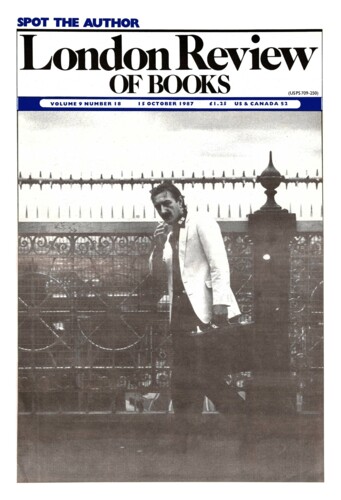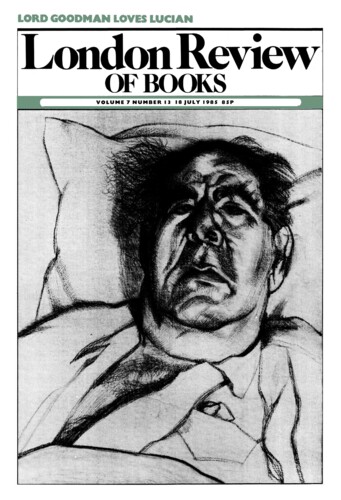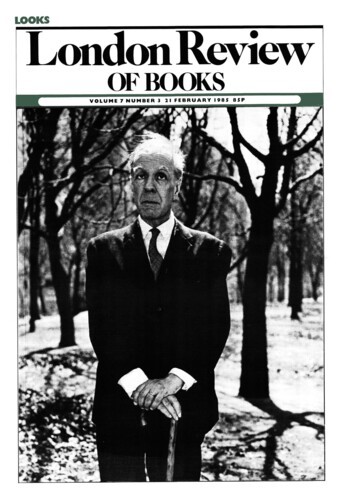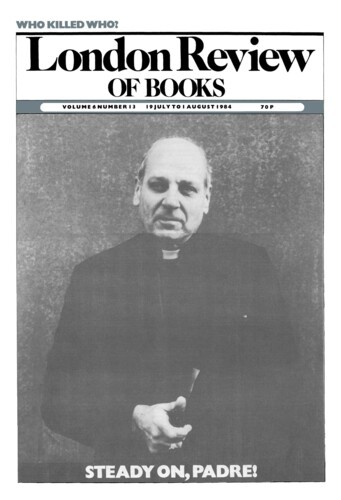Social Poetry
Anthony Pagden, 15 October 1987
Prophetically, the Island of Utopia is set in or near the Americas – More, characteristically, forgot to ask exactly where. And it was in the Americas that the most extensive, long-lived, and most fantastical, utopian experiments were conducted. The New World’s open spaces provided a constant challenge to the quirkier side of the European social and moral imagination until the end of the 19th century. Most of the early settlers came in quest of some new life. Most wished to live out some version of the privileged worlds they had been denied access to in their home countries. But there were others who came with ambitions to fabricate wholly new worlds, cities on a hill, where life could be made better, happier or morally more complete. In the Catholic South such experiments were largely confined to various attempts to reconstruct the primitive apostolic Church. One Franciscan, with an annotated copy of More’s book in his habit, went so far as to take some at least of the ‘features in the Utopian commonwealth’ and test them out on the Indians of Michoacan. The famous Jesuit ‘reductions’ in Paraguay – the subject of The Mission and now, improbably, of a Jesuit comic-book – though far from traditionally utopian, operated with the same sense that out there in the tropical rain-forests man could retrace his steps and begin again. In the North, such utopian communities were private ventures: and they proliferated – Oneida, New Harmony, Equality, True Inspiration. There was even one called Utopia. ‘We are all a little wild here,’ Emerson wrote to Carlyle in 1840, ‘with numberless projects of social reform. Not a reading man but has a draft of a new community in his waistcoat pocket.’’




